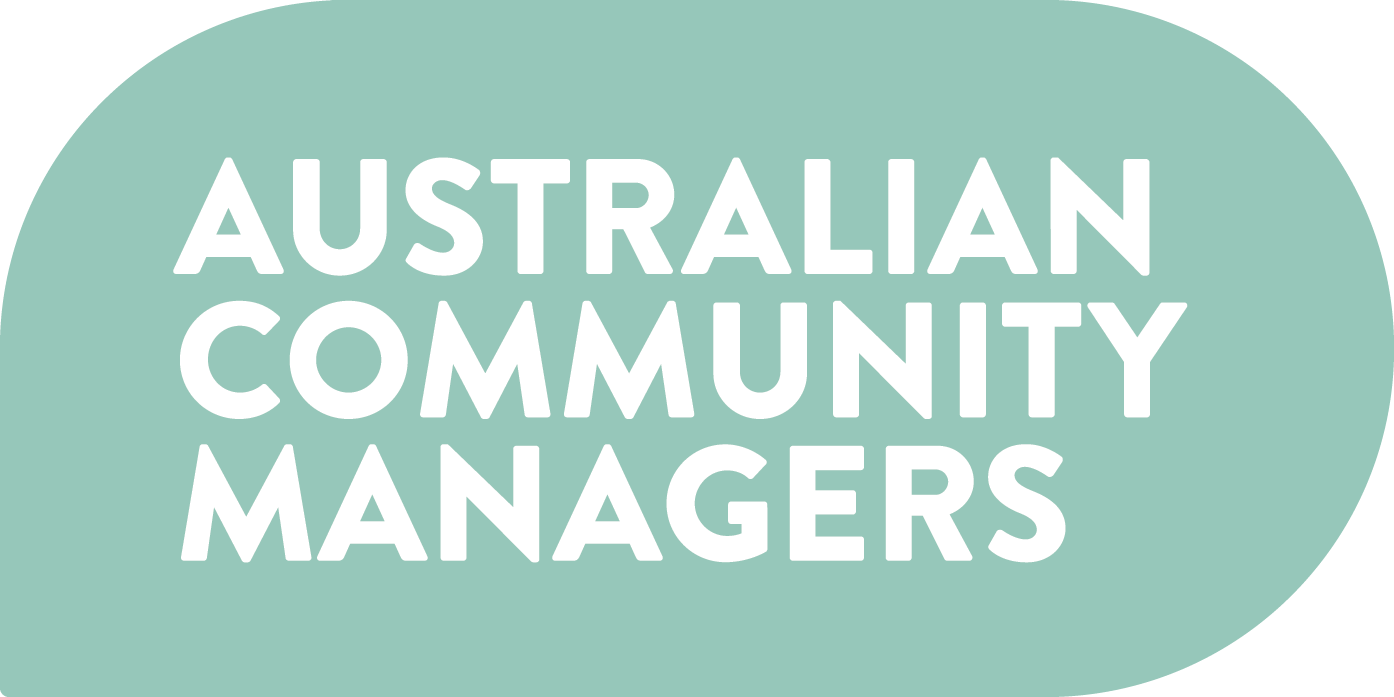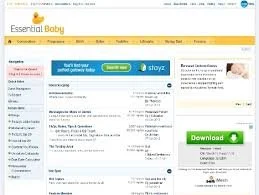Celebrating Iconic Australian Online Communities: Thorn Tree & Essential Baby
Jane Atkin (Thorn Tree) and Amber Robinson (Essential Baby) chat about the legacy of these legendary Australian online communities.
For well over two decades, Lonely Planet’s Thorn Tree travel forums and Fairfax Media’s Essential Baby forums served as vital online spaces that fostered connections, shared wisdom, and provided much-needed support for users across Australia and beyond.
These platforms didn’t thrive by chance; they were products of thoughtful stewardship, fueled by passionate members and led by pioneering community managers. I was lucky to serve as Community Manager and ultimately Head of Community for Thorn Tree at Lonely Planet for many years, before handing the reins to the wonderful Jane Atkin, so I have a vested interest in preserving this history.
I spoke with Jane and former Essential Baby community manager Amber Robinson to reflect on the unique roles these communities played, their challenges, and what community managers and strategists can learn from them today.
Essential Baby: A Village Well for Parents
Essential Baby forums in their heyday.
Founded in 1999, Essential Baby became Australia’s largest parenting forum, starting as a small website run by two Sydney mums.
Amber Robinson, former community manager, describes its evolution as a unique "gathering space for women in the early days of social media" and a "repository of evolving perspectives on parenting and social issues.”
For Australian mothers, it was an indispensable support network, providing a safe, anonymous platform to discuss sensitive matters like domestic violence and relationship issues.
“For many, it was a lifeline.”
Legacy and Impact:
Essential Baby was akin to a “modern village well,” says Amber, where mothers could seek support, share stories, and connect with others in similar situations. “Women are often really isolated,” she explains. It can be hard to get help if you don’t have friends and family nearby, and for years Essential Baby offered that sense of community when it was most needed.”
With up to 54,000 users online at once, the community enabled real-life meetups and long-lasting friendships. As Amber shares, “We had a very diverse audience... A lot of parents with children of special needs who were even more isolated. It was important for them to connect with others facing similar challenges.”
The forum became a valuable resource on various issues, from parenting to politics. Robinson explains, “In the middle of the night, when all you have are infomercials on TV, Essential Baby was there. For many, it was a lifeline.”
Reflections from former community members on Essential Baby’s closure
Thorn Tree: A Trusted Source for Independent Travel
Thorn Tree Travel Forums - a pioneering online community in the travel space.
Launched by once iconic travel publisher Lonely Planet in 1996, Thorn Tree was one of the first travel communities on the internet and a groundbreaker in Australia.
Named after a Nairobi hotel noticeboard where travellers left messages for one another asynchronously, it provided a trusted, independent platform for exchanging travel information and experiences, until its closure in 2021.
Jane Atkin, former community manager, emphasises Thorn Tree’s role as a vibrant community of interest for those with a passion for travel. “It was by travellers, for travellers,” says Jane, highlighting the importance of the forum’s authenticity and independence.
“The community offered answers to questions people didn’t even know to ask.”
Legacy and Impact:
Thorn Tree thrived for years as a business-free zone, providing real-time, user-generated travel advice. “In an era where online content was increasingly paid for, that independence was really vital,” Atkin shares, emphasising how the forum’s credibility and expansive user base differentiated it from other travel resources for many years.
With over 2 million active members and 40 million unique visitors annually, Thorn Tree became a staple for travellers worldwide. At its height, there was a new post every 12 seconds. Atkin reminicises: “It covered any place on Earth... The hyper-localism of the sub-communities within its forums were invaluable. The community offered answers to questions people didn’t even know to ask.”
Thorn Tree played a strategic role within Lonely Planet, influencing editorial content and helping users navigate the complexities of travel. Explains Atkin, “If you’re a celiac and want to travel in Italy, Thorn Tree gave you real answers from other travellers. It’s not something guidebooks could do as deeply.”
Reflections from a fellow travel community manager on Thorn Tree’s closure
Key Takeaways for Community Managers
Though we may never see online communities the like of Thorn Tree and Essential Baby again, they still hold lessons for community managers today:
User-Driven Content is Key: Both communities thrived on authentic, user-generated content. “The members drove 99% of it” says Amber. “That takes time to build, of course, but it was always the goal. Our job was to keep it technologically sound and safe.”
Cultivate Purposeful Stewardship: Both Amber and Jane viewed themselves as custodians, balancing user needs with business goals. I can say as Jane’s predecessor - this was a mindset and approach we instilled early and took seriously. Communities do not mature and sustain as these two did without strategic, consistent and considered community management.
Plan Thoughtfully for Closure or Transition: When these communities reached the end of their lifespan, their retirements stirred strong reactions from users and community managers. Closures are a fact of life, but this doesn’t mean they can’t be done smartly, and respectfully.
As Amber reminds us: “The historical significance of Essential Baby is huge... It should have been preserved as an artefact at least in some form”. Jane agrees: “If businesses intend to host these spaces, they need to invest in their longevity or preservation.” They note that members themselves would have been willing to make this happen, but they were not approached.
Read our tips on how to close down an online community gracefully
Think Long-Term with Technology: Technical upgrades were essential for keeping Essential Baby and Thorn Tree operational in a rapidly evolving digital environment. Take care not to over-invest in a single tool or platform, as this can become a single point of failure. As communities mature, they will likely undergo migrations - prepare for this in advance as much as you can.
Understand Historical and Cultural Value: Online communities can serve as valuable artefacts, capturing societal shifts over time. As Amber nots, “Essential Baby documented women’s experiences with parenting and social issues across Australia for over 20 years... It’s a vital record.”
So too the Thorn Tree, which, when it was disappeared by new Lonely Planet owners, took with it several generations of travel stories, experiences and unique social records of globally shared events (such as the 9/11 terrorist attacks and the 2004 South Asian tsunami).
Preserving Their Legacies
Both Essential Baby and Thorn Tree hold special places in Australia’s digital history. For those involved in their creation and stewardship, the emotional attachment runs deep.
As Amber says: “Essential Baby offered experiences you just don’t get in other places. It became an archive of voices, opinions, and stories that deserved a proper send-off.”
Jane adds, “It’s a special thing to work with a community that makes such an impact. For Thorn Tree, we carried on a tradition, offering support for travelers’ dreams and realities alike.”
Essential Baby and Thorn Tree stand as enduring models of how online communities can foster belonging, provide essential services, and evolve into digital archives of lived experiences. For today’s community managers, they underscore the value of prioritising user needs, planning for change, and recognising the cultural significance of long-standing online spaces.
To the managers, moderators, and members who shaped these communities: your legacies have left an indelible mark on Australia’s online history.




